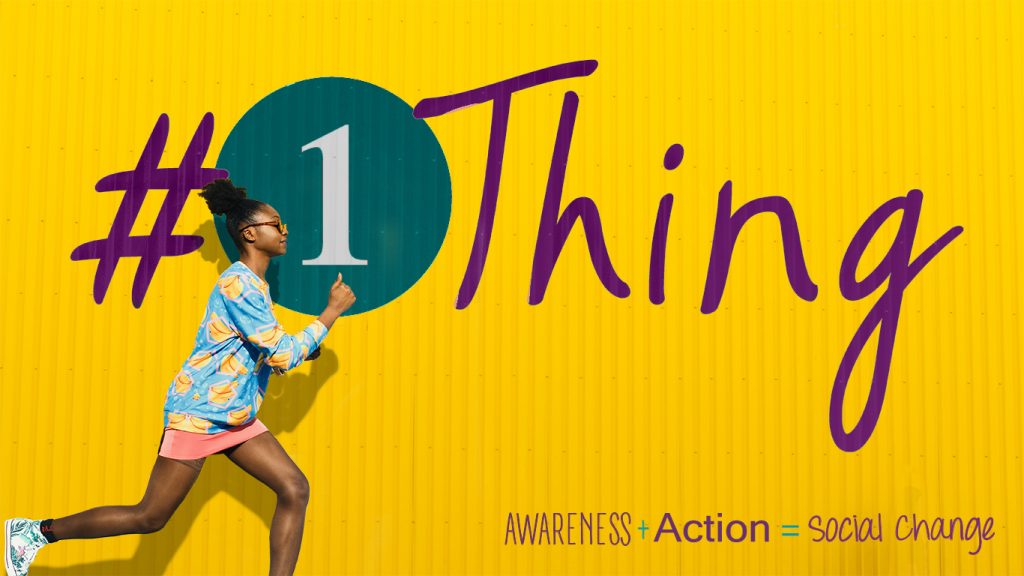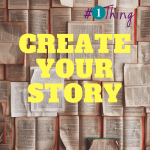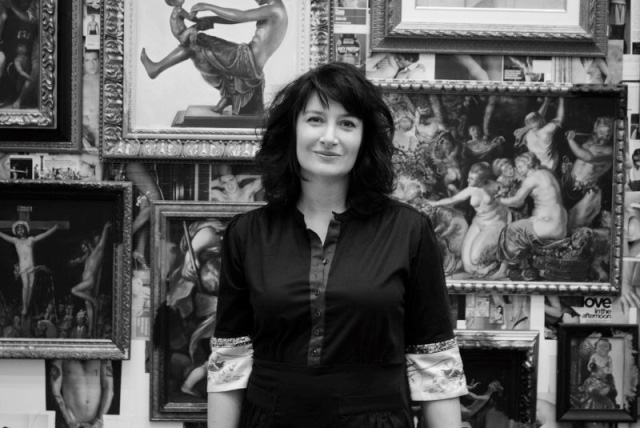It seems like every day we are bombarded with dozens of news stories about Artificial Intelligence (AI), with coverage ranging from self-driving cars, to fashion models, to cryptocurrency. With so much information out there, what do we really need to know about AI, and how might it benefit us as students, educators, creators, and researchers? Staff at Temple Libraries have designed a series of AI workshops to help answer these questions and create space for productive dialogue about how AI impacts our daily personal and professional lives. Learn more and register using the links below.
Working with AI Chatbots
Fri, September 22, 11am Online via Zoom
Register: https://library.temple.edu/events/1525
Curious about how chatbots and other AI tools can support you in your studies and your work? Wondering what chatbots do well and what they don’t do well? Join us for an overview of the promise and pitfalls of AI chatbots. This technology is evolving quickly and has the potential to fundamentally alter our relationship to information. We’ll explore how some of the current tools can expedite and assist your work and where a critical eye is needed. We’ll offer suggestions for optimizing your chatbot interactions through prompt engineering.
AI Tools for Research
Tue, October 3, 2pm Online via Zoom
Register: https://library.temple.edu/events/1530
Wondering how AI- and machine learning-powered tools can help you in the research process? Join us for a discussion and demonstration of several AI-enabled research tools that have the potential to support your scholarly research. More and more tools are becoming available that aim to help you with tasks such as finding scholarly literature on a topic, designing search strategies and query syntax, summarizing text, chasing citations, transcribing and working with data, and more.
AI Generated Music and Images
Mon, October 9, 1pm Online via Zoom
Register: https://library.temple.edu/events/1532
Artificial intelligence music and image generators can produce amazing results. These tools work by processing a large amount of pre-existing visual and auditory data. But does doing so raise any ethical or legal concerns? And what impact might these tools have on current artists? Join us for a thought-provoking exploration of some of the implications of these technologies.
Artificial Intelligence: Applications and Innovations in Healthcare
Thu October 12, noon Online via Zoom
Register: https://library.temple.edu/events/1533
This workshop will explore the past, present and future of artificial intelligence, and adjacent technologies like machine learning, in healthcare. Although adoption of the tech is far from worldwide, artificial intelligence (AI) is already in use in several areas of healthcare like recordkeeping, mental health screenings and even surgical procedures. In this workshop, we will see how AI could effectively shape and inform the landscape of healthcare and healthcare education. With the recent rise of chatbots drawing the public’s attention towards the technology, as well as the constant evolution and uncertainty surrounding the tech, the future and role of AI in healthcare is as unclear as it is exciting.
AI in Business
Wed, October 18, 2pm Online via Zoom
Register: https://library.temple.edu/events/1536
This workshop focuses on the implications of generative AI for business research and practice. The session will explore the use of AI chatbots and how they compare to traditional business research tools. We’ll also cover the ways chatbots and other forms of generative AI are changing the work of business practitioners. The workshop will also look at the role of prompt engineering to optimize the use of AI tools. We’ll also touch on the ethical considerations of using generative AI technology.




